If you’re a Nigerian living in the UK, you’ll have to renew your Nigerian passport at some point. Either because it is 5 years and over, expired, or out of free pages.
You can choose to manoeuvre your way around it and continue navigating your way in the UK without your Nigerian passport, but there’s a limit to how long you can do that. This is because your Nigerian passport is essential when you want to pay a visit home, renew your visa, and have a valid identity while abroad, so there’s no running away from renewing it.
Join our WhatsApp ChannelHow do you go about it? You might ask. Well, admittedly the process might seem complicated, even demanding if it’s your first time, but with the right guidance, you can easily get it done.
See the step-by-step guide recommended by Prime Business Africa to help you seamlessly renew your Nigerian passport from the UK below:
Renewing Your Nigerian Passport from the UK: A Step-by-Step Guide
Step 1: Ensure You Meet the Basic Requirements
Before starting the renewal process, confirm that you meet the requirements to renew your Nigerian passport. These include:
- You must be a Nigerian citizen with an expired or expiring Nigerian passport.
- Your passport should not be damaged or lost. If it is, you will need to apply for a replacement, which is a different process.
Also, make sure you have the following documents ready:
- Your current or expired Nigerian passport.
- Two passport-sized photos (ensure they meet the standard passport photo requirements).
- Proof of Nigerian citizenship (e.g., birth certificate or citizenship certificate).
Step 2: Access the Nigerian Immigration Service Portal
If you meet the basic requirements, then it’s time to begin your application. Start by visiting the Nigerian Immigration Service portal. Once you’re on the portal, do the following:
- Under ‘Passport’, select ‘Apply for Passport Renewal’.
- You’ll be prompted to either sign in or create an account. If you already have a Gmail or Yahoo account, you can log in using those credentials. Alternatively, you can create an OpenID account on the portal.
Step 3: Fill in the Application Form
Once logged in, you’ll need to fill out the application form with accurate personal details such as:
- Your full name.
- Date of birth.
- Place of birth.
- Contact information (address in the UK, email, and phone number).
- Next of kin details.
- Physical attributes (height, eye colour, etc.).
Ensure to double-check all the information you input, as errors can delay your application.
Step 4: Make Your Payment
After completing the form, you’ll be redirected to the payment section, where you need to make payment for your passport renewal. The fees to pay are as follows:
| Age Group | 32 Pages | 64 Pages |
| Minor (0 to 17 years) | $77.00 | $137.00 |
| Adult (18 to 59 years) | $106.00 | $137.00 |
| Senior (60 and above) | $77.00 | $137.00 |
You can make the payment online via credit card, debit card, or through the Innovate1 payment platform. If the name on the payment card is different from the applicant’s, visit the Innovate1 website, go to ‘Manage Credit Card‘, and register the card before proceeding with payment.
Once payment is successful, you’ll receive an email confirming your submission and payment. Download and print out your payment receipt and the application confirmation because you’ll need them soon.
Also Read: Step-by-Step Guide to Renewing Your Nigerian Passport from the US
Step 5: Book an Appointment at the Nigerian High Commission
The next step is to book your in-person appointment for biometric data collection at the Nigerian High Commission in London. To do this, return to the Nigerian High Commission website and select ‘Book an Appointment‘.
- You’ll be required to provide your application ID and reference number (you’ll find them on your payment confirmation).
- After providing the necessary information, choose a convenient date and time for your appointment.
The address for the Nigerian High Commission is 9 Northumberland Avenue, London, WC2N 5BX.
Note: Appointments are usually available on Mondays, Tuesdays, and Thursdays between 9 AM and 12 PM. Keep in mind that appointments tend to fill up quickly, so it’s advisable to book as early as possible.
Step 6: Prepare Your Documents for the Appointment
On the day of your appointment, you’ll need to bring a set of documents to the High Commission. Ensure you have the following:
- Printed copy of your passport application form.
- Payment receipt and acknowledgement slip (proof of payment).
- Two passport photos (if requested).
- An expired or expiring Nigerian passport and a photocopy of the passport data page.
Pro tip: Arrive at least 30 minutes before your scheduled appointment, as the Nigerian High Commission operates on a first-come, first-served basis.
Step 7: Attend Your Biometrics Appointment
During your appointment, you’ll undergo biometric data capture (fingerprinting and photographing). The officials will verify your documents, take your biometrics, and confirm that everything is in order.
After your biometrics are successfully captured, you’ll be given a due date for when your new passport will be ready. Although processing times vary, it usually takes between 3-6 weeks for your passport to be processed and sent to you via postal delivery.
Step 8: Collect Your Passport
Once your passport is ready, you’ll either receive it by post or be asked to pick it up in person at the High Commission, depending on your location and preference.
If you’re collecting your passport in person, here’s where you’ll need your identification documents and the receipt provided during your appointment, so be sure to go along with them.
Frequently Asked Questions (FAQs)
- Can I renew my Nigerian passport without visiting the High Commission in person?
No, you must attend an in-person biometric appointment at the Nigerian High Commission in London to renew your passport. Biometrics (fingerprints and photos) are required to issue an e-passport.
- How long does it take to process my passport renewal?
The processing time for a Nigerian passport renewal in the UK is 3-6 weeks, but it can vary depending on demand. Always apply well in advance of any planned travel.
- What happens if my passport expires while I’m in the UK?
If your passport expires while you’re in the UK, you will need to renew it as soon as possible to maintain a valid identification document. There are no penalties for late renewals, but it’s best to not delay.
- What do I do if my passport is lost or damaged?
If your Nigerian passport is lost or damaged, you will need to apply for a replacement rather than a renewal. The process is similar but involves additional documentation, including a police report for a lost passport.
A Few Key Reminders
Here are a few reminders to keep in mind when renewing your Nigerian passport from the UK:
- Applications are valid for one year from the submission date. If not processed within that time, you’ll need to reapply and make a new payment.
- All applicants must appear in person for biometrics at their respective consulates in the UK.
- Verify that all documents are accurate to avoid delays in processing.
By following the steps provided in this article carefully, you can renew your Nigerian passport seamlessly from the UK. Remember to prepare all necessary documents well in advance and schedule your biometrics appointment early to avoid any unnecessary delay.
Elsie Udoh is an SEO content writer who specialises in writing engaging stories that resonates with diverse audiences. She studied mass communication at the Lagos State University.

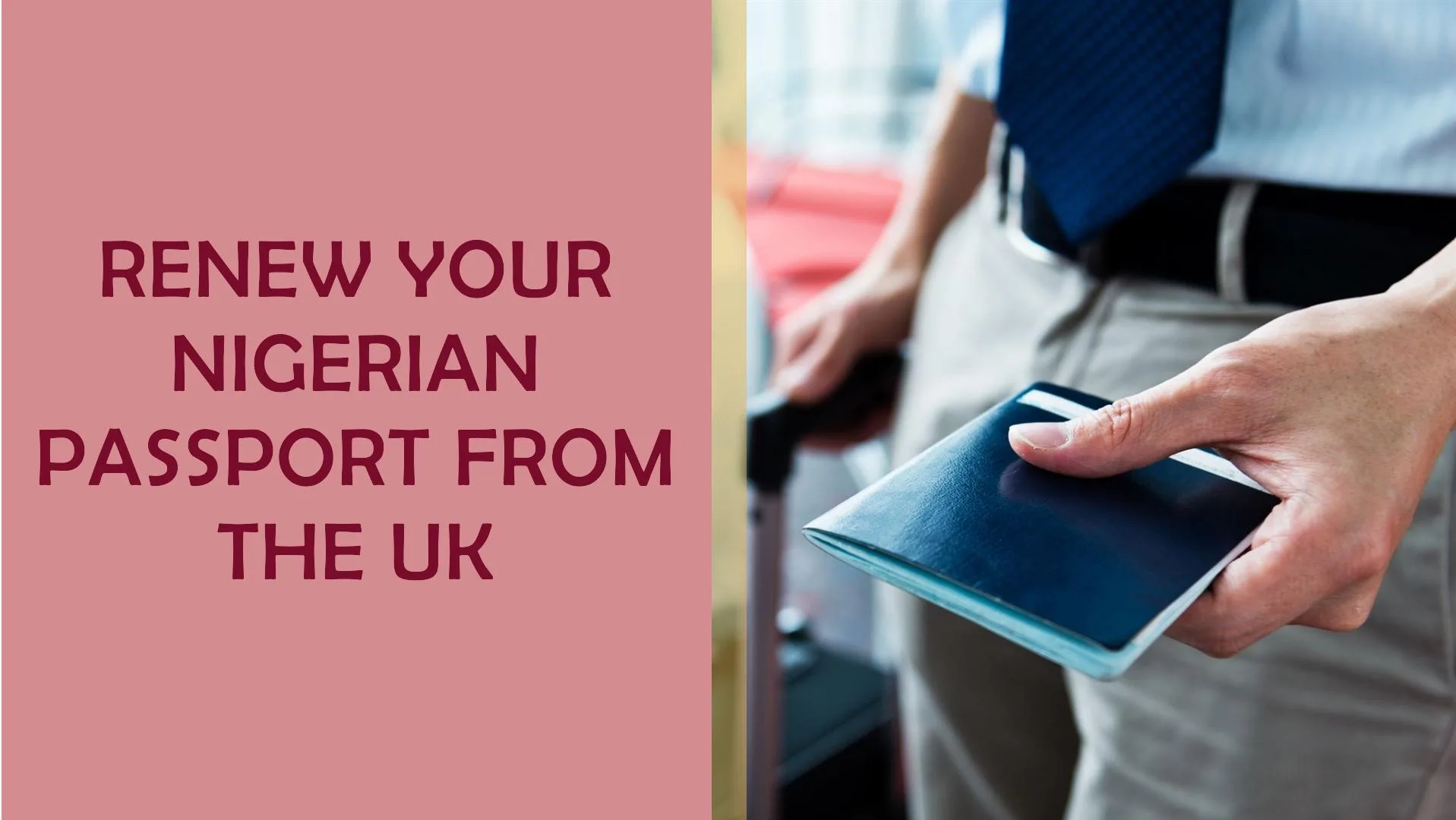



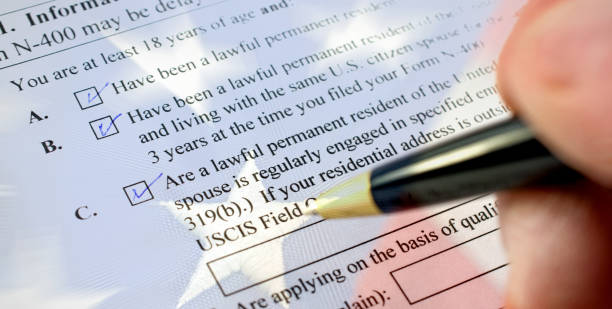
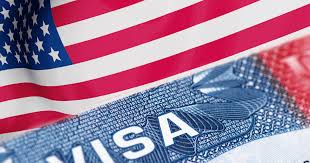









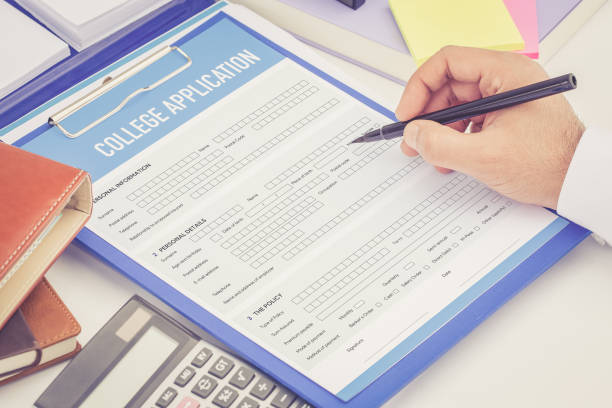
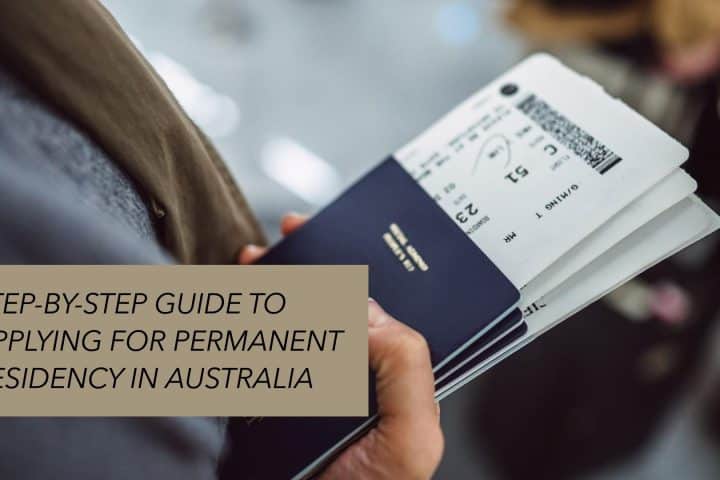
Follow Us